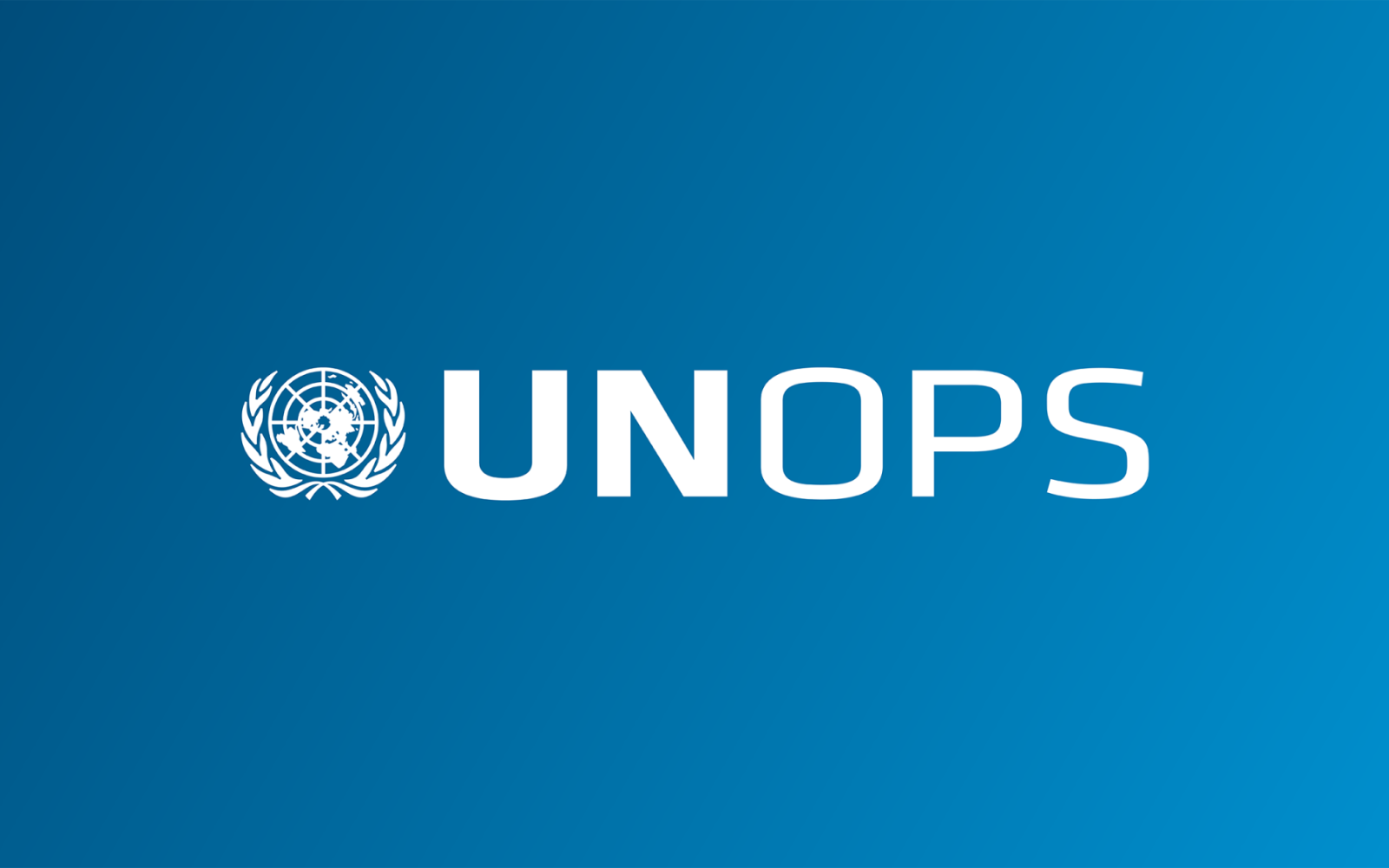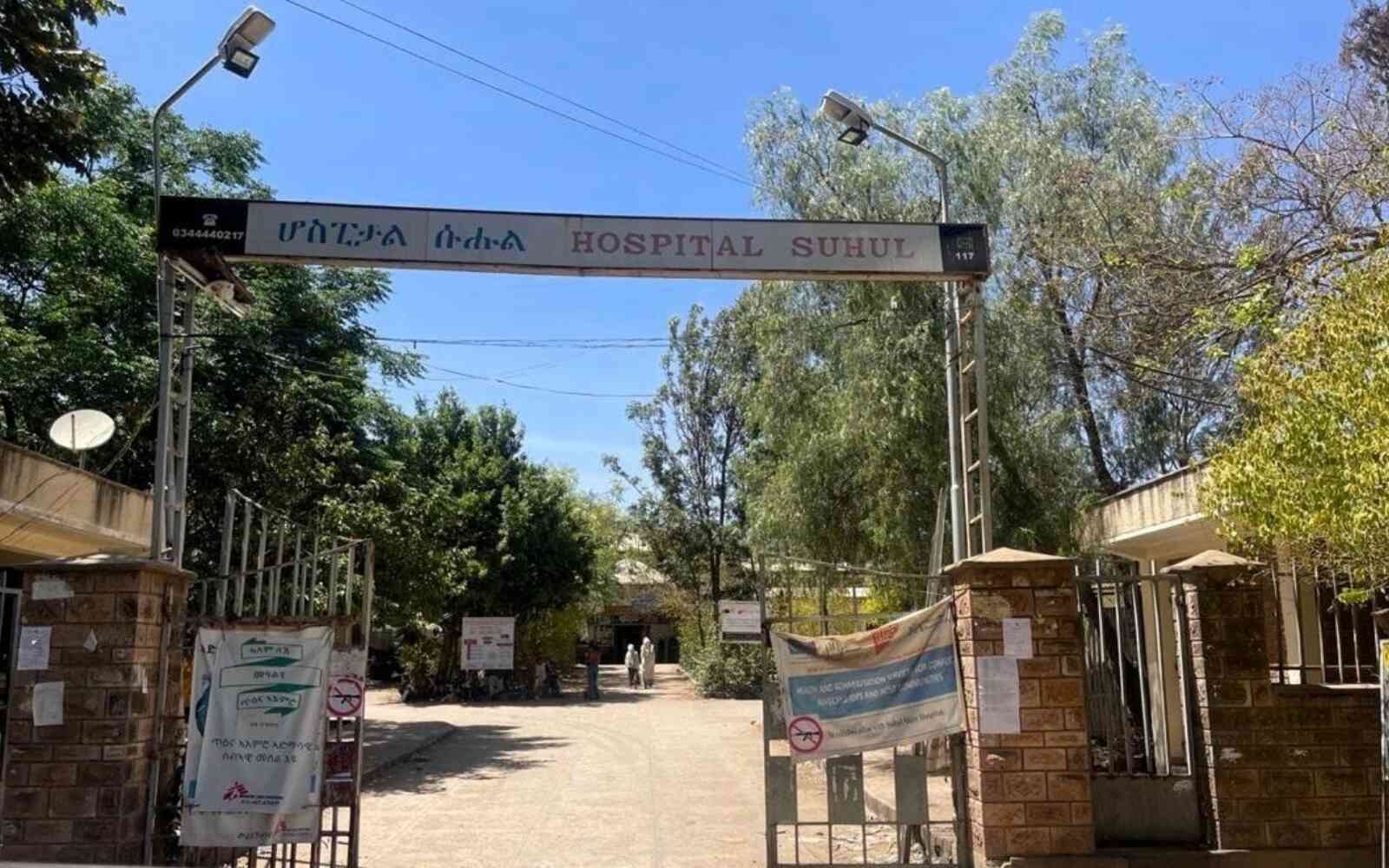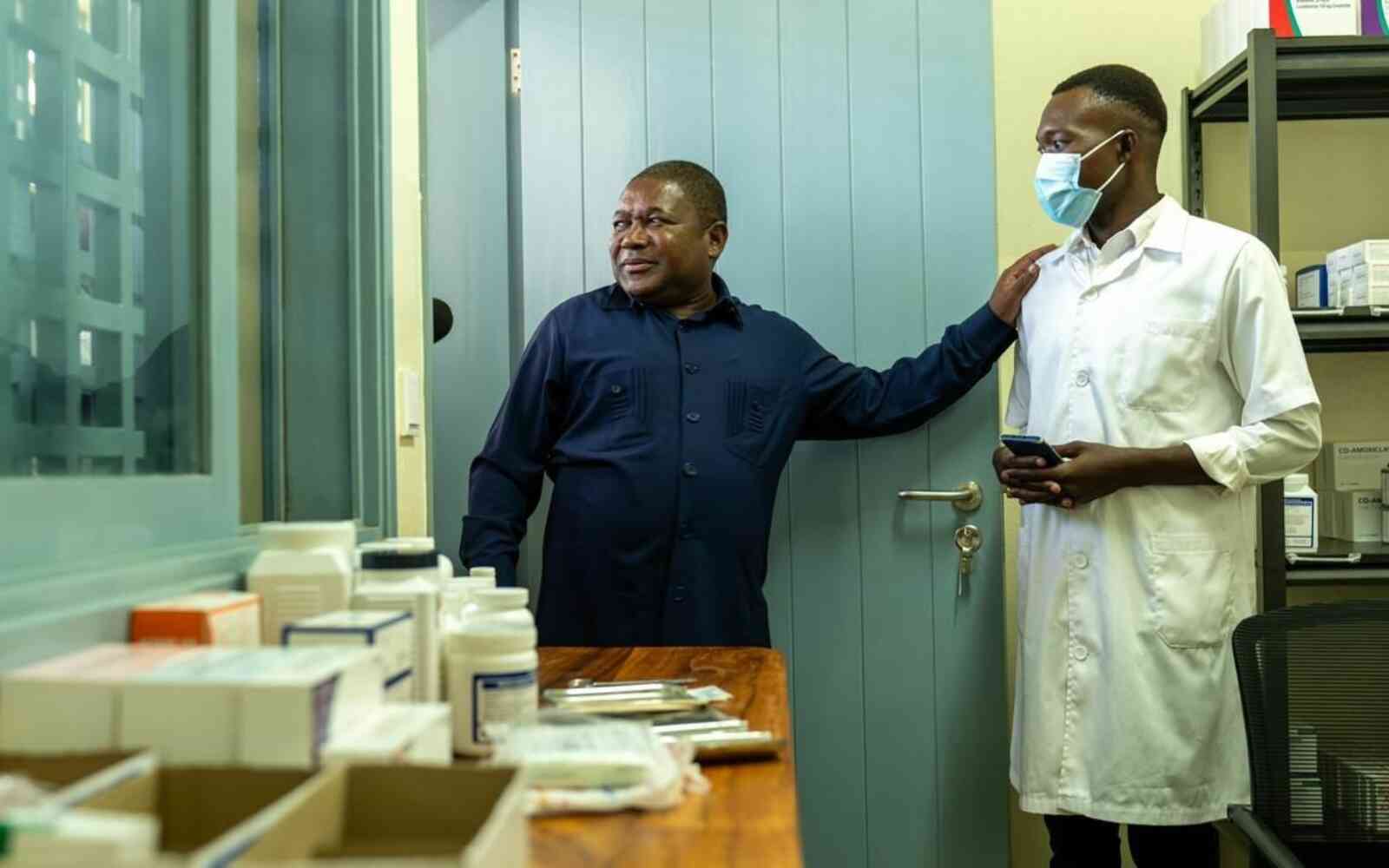The United Nations Office for Project Services (UNOPS)

To spur development, look closer to home
The importance of home-grown leadership in international development shouldn’t be underestimated. Here’s why.
When it comes to development work, local nationals can bring a wealth of not only experience, but also knowledge about local cultures and contexts. But in the world of international development, is enough being done to recruit, retain and promote local nationals for leadership roles?
Often, local problems can benefit from local solutions, but international personnel bring varied experiences and perspectives that enrich our learning through the transfer of knowledge and skills. It’s a balance, and using international personnel doesn’t mean we should overlook home-grown skills.
In other words, by investing in local nationals, investments are also being made in the growth and prosperity of the country – and the region.
Where I work, at UNOPS Ethiopia, we strive to practice just that. Our office has more Ethiopian nationals than international personnel, and the country director is Ethiopian – me.
Each day, we aim to nurture our team. Why? Because it’s good for both the skills development of everyone who works here, and for Ethiopia as a country. Our team is taking the skills learned from working with UNOPS to make a real impact in their own country.
In other words, by investing in local nationals, investments are also being made in the growth and prosperity of the country – and the region.
Contributing to Africa’s success
Talented workers – including local nationals – are attracted to (and stay with) organizations that offer opportunities to grow as leaders. That’s why we encourage professional skills development and provide exposure to role models who can nurture both technical and soft skills.
A recent UNOPS-implemented solar panel installation project is a good example of this. We recruited seven Ethiopian engineers, six men and one woman, to install solar panels on 166 health centres.
This process of identifying, recruiting and training local workers is helping Ethiopian engineers to contribute even more to the country’s economic development. They can now be called upon to contribute to current and future projects.
The lifeline of a sustainable organization is a workforce that is locally rooted and globally nurtured. And that’s exactly what we encourage – for the benefit of those who work with us, the countries we work in and our partners.
The power of home-grown leadership
When I was growing up, I saw few examples of Ethiopians leading international organizations within my country. Now, I hope to be a role model for others who want to pursue a similar career – while also helping to positively shift traditional mindsets.
Often, entrenched cultural practices and the modern complexities of work-life balance squash the ambitions of professional women. We can help to tackle these barriers by encouraging flexible hours and networking to help personnel develop the ties, visibility and organizational knowledge essential for professional and personal success. We also take measures to attract women in key leadership positions, including in programme, finance and procurement positions – key roles generally dominated by men.
Local talent, international experience
Extreme localization is not good for an organization – it leaves no room for the development of well-rounded leaders. That’s why I encourage my team to understand the different cultural environments in which UNOPS operates.
The lifeline of a sustainable organization is a workforce that is locally rooted and globally nurtured. And that’s exactly what we encourage – for the benefit of those who work with us, the countries we work in and our partners.
Worknesh Mekonnen Gonet
Worknesh Mekonnen Gonet is the Country Director for UNOPS Ethiopia, which also provides oversight for UNOPS work in Sudan and Djibouti, and Representative to the African Union. She has more than 20 years of experience in the development sector, mostly with international non-governmental organizations, including Save the Children, World Vision and ActionAid International.











